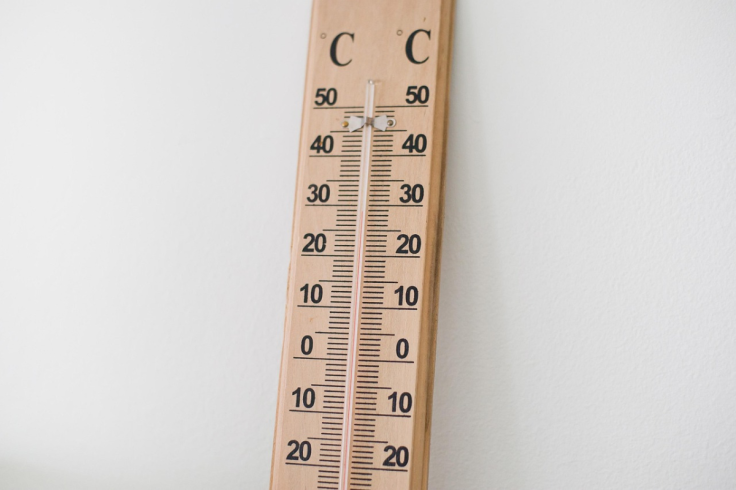Is Heat Exhaustion Life Threatening? Yes, About 1,220 Americans Die From It Each Year — Here's How To Stay Safe
As summer temperatures soar, health officials warn that heat exhaustion can escalate into fatal heatstroke, especially among older adults and vulnerable groups

As scorching temperatures grip much of the Northern Hemisphere, health professionals are issuing urgent reminders: heat exhaustion and heatstroke are not mere nuisances—they can kill.
In the United States alone, the Centres for Disease Control and Prevention (CDC) reports around 1,220 deaths annually from extreme heat.
The UK is not immune either, with health authorities warning that recent heatwaves have led to hundreds of early deaths in England and Wales.
Understanding the Risk
Heat-related illness exists on a spectrum:
- Heat exhaustion occurs when the body overheats and starts to malfunction—symptoms include heavy sweating, dizziness, nausea, headache, and weakness.
- Heatstroke, the most severe form, occurs when core temperature surpasses 40°C (104°F) and the body's cooling mechanisms fail—symptoms escalate to confusion, rapid heart rate, loss of consciousness and can result in death if untreated.
The Mayo Clinic notes that heat exhaustion can progress to the life‑threatening stage of heatstroke without swift intervention.
Why So Deadly?
Heat is the leading weather-related killer in both the US and the UK. The CDC emphasises its status as a silent killer: Many victims die at home or in care, often without heat recorded as the cause. In the UK, the recent heatwave is estimated to have caused almost 600 premature deaths in just a few days this June, primarily affecting the elderly and vulnerable.
Who is Most at Risk?
Certain groups face a significantly higher risk during heat waves:
- Older adults, especially those over 65
- Young children
- People with chronic conditions (cardiovascular, respiratory, and diabetes)
- Outdoor workers and physically active individuals
- Those taking medications that impair hydration (like diuretics or antihypertensives) (theguardian.com, en.wikipedia.org)
How to Stay Safe
Experts and agencies across the world, including the NHS, CDC, and WHO, stress the importance of basic prevention steps:
- Stay cool: avoid peak sun hours, seek shade, and rely on fans or air conditioning.
- Stay hydrated: drink plenty of water; avoid alcohol and caffeinated drinks.
- Know the warning signs: rest if you feel dizzy, nauseous, or weak, and call for help if you see someone confused or not sweating.
- Check on vulnerable people: older neighbours, infants, and those with health conditions need regular welfare checks.
According to Dr Garyfallos Konstantinoudis at Imperial College London, heatwaves are 'silent killers,' especially among the already ill, prompting alerts from the UK Health Security Agency.
What to Do in an Emergency
If heat exhaustion symptoms don't improve within an hour:
- Move indoors or into shade
- Loosen or remove tight clothing
- Apply cool, damp cloths (especially to head, neck, armpits, groin)
- Sip cold water or a sports drink
- Seek medical advice if there is no improvement or symptoms worsen
If someone collapses, becomes confused, or experiences hot, dry skin with a high temperature, call 999/111 in the UK or 999 for emergency help—heatstroke is a medical emergency.
A Growing Public Health Threat
Rising global temperatures mean heatwaves are becoming longer, more intense, and more common. According to a United Nations (UN) report, extreme heat now surpasses floods or hurricanes in global deaths, with almost 489,000 annual fatalities worldwide. The UK has already seen over 10,000 heat-related excess deaths between 2020 and 2024—a harbinger of future summers if action is not taken.
Heat-related illnesses are preventable but deadly when overlooked. With over 1,200 deaths annually in the US and hundreds more in just days in the UK, this is not just discomfort—it's a health emergency.
Stay informed, stay cool, and take heat warnings seriously.
© Copyright IBTimes 2025. All rights reserved.




















